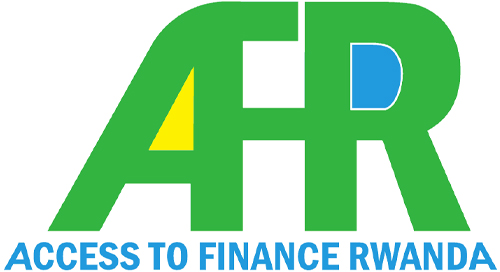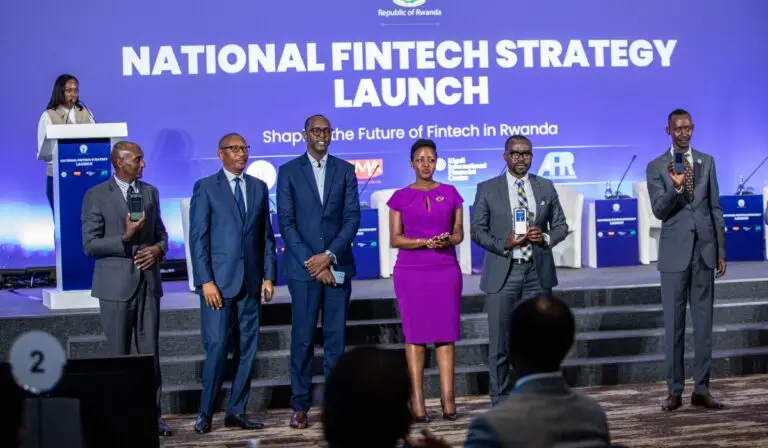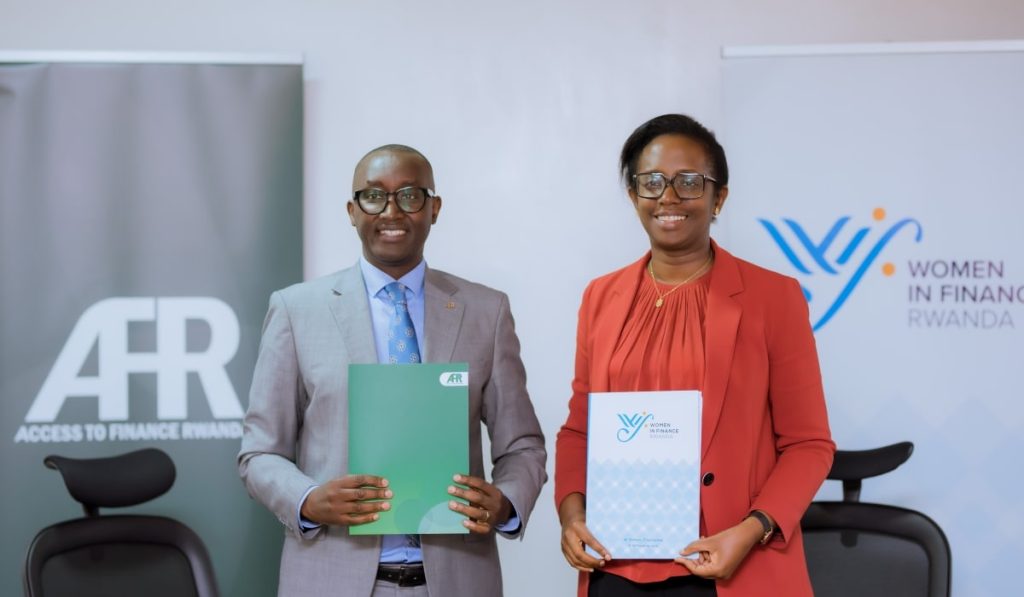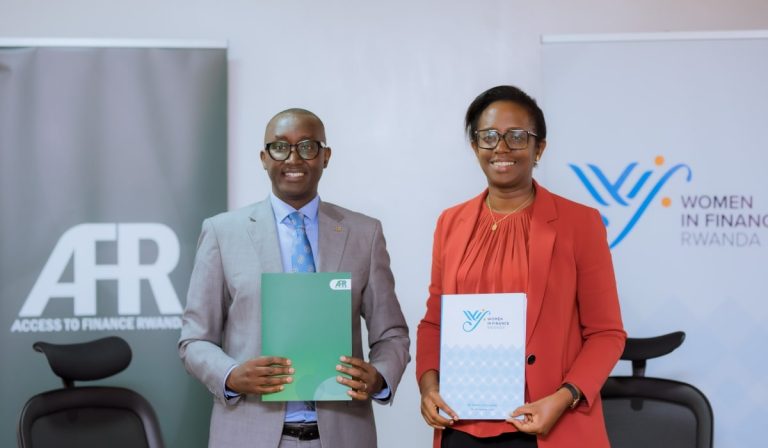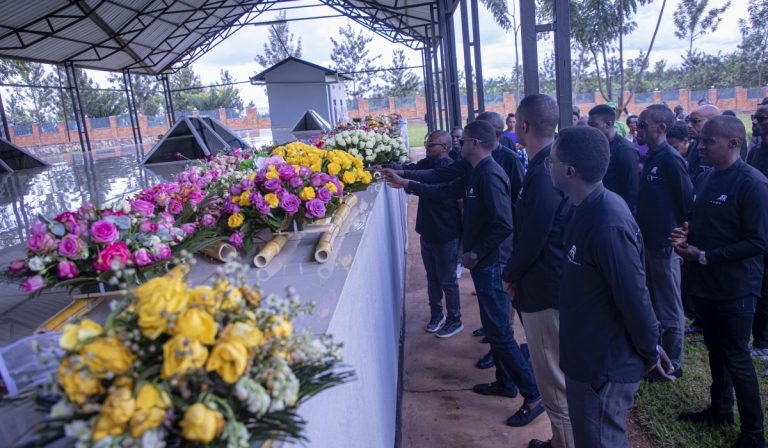In this short write up we ask how the Small and Micro Entrepreneur (SME) in Rwanda accesses finance and its implication during these unprecedented Covid-19 times. Reference is made to the 2016 Finscope Survey data, which though done four years ago, still has valid pointers on the financial lives of SME’s today. As more recent data is released, we will continue to explore together the uptake trajectory on the accessibility and usage of financial services amongst SMEs since the last report.
While bank account usage among the adult population surveyed remained low in in 2016 (26% of adults), Small and Micro Enterprise (SME) owners actually had a higher level of usage of bank accounts compared to other adults. Of the SME’s surveyed 43% used banks compared to 23% for non-SME owners. The banks remain an important financial access channel for small and micro enterprises.
Other than banks there are other formal institutions in use (mobile money, Umurenge SACCOs, MFI’s, insurance companies). There was no difference between SME and non-SME owners in the use of these non-bank formal institutions (42% for both). The marked difference was in the use of banks. In other words, bank account ownership was important for small business owners.
Tailored financing by the banks therefore remains a critical factor for SME growth in Rwanda.
Mobile money account ownership was the game changer in moving access to formal financial institutions between 2012 and 2016. A 32% upward movement! For SME’s, ownership of a mobile money account was a key differentiator from the normal Rwandan adult. The SME’s with mobile money accounts were 58% of the adult population while non-SME’s, 31% a 27% difference.
In thinking through revision or abolition of mobile money transaction fees there must then be a focused analysis on implication on business vis a vis the implication on other normal users.
Where do they borrow? This was the interesting part. They actually borrowed either from other formal institutions (22%) or informal institution (46%) a total of 68%. Bank borrowing was only 10%.
Measures taken to restructure loans and support financial institutions must be cognizant of where the SME source credit so that desired results are achieved.
The informal institutions, largely the Savings Groups (SGs) remain a key source of access to finance for Rwandans. Of the adults surveyed in 2016, 72% used informal mechanisms (whether or not they also used formal channels). They are largely rural, cash based, operate as groups who meet physically. Clearly the 1-meter distancing and handling cash COVID -19 prevention measures, would be a real challenge! Initiatives including those of AFR to digitalize operations and adoption of new technologies by the groups has been slow to take off.
What does it mean for the SME owner if the group does not meet? Food for thought.
We will keep engaging you as actors in Rwanda’s financial sector ecosystem on what the data says and what we could all do.
